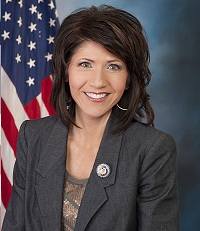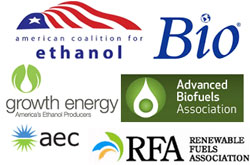U.S. ethanol production is the lowest its been in nearly two years, and exports are continuing to drop.
 According to the latest Energy Information Administration data, ethanol production averaged 821,000 barrels, or just under 34.5 million gallons, per day the week ending July 6. That is down 36,000 barrels per day from the week before and is the lowest weekly output figure of the year, in fact, the lowest since this time in 2010. Stocks of ethanol stood at 19.5 million barrels, the lowest since January.
According to the latest Energy Information Administration data, ethanol production averaged 821,000 barrels, or just under 34.5 million gallons, per day the week ending July 6. That is down 36,000 barrels per day from the week before and is the lowest weekly output figure of the year, in fact, the lowest since this time in 2010. Stocks of ethanol stood at 19.5 million barrels, the lowest since January.
U.S. exports of ethanol of all types totaled 58.6 million gallons (mg) in May, down 21% from April and the lowest level since August 2011. Exports of denatured ethanol for fuel use accounted for most of the May shipments, totaling 46.7 mg. Exports of undenatured ethanol for fuel use in May totaled 11.3 mg. Canada was the top destination, followed by the United Kingdom, and Finland. Notably, Brazil did not import any U.S. ethanol in May.
However, May U.S. distillers grains exports were up 25% from April, reaching the highest level since November 2010. Exports totaled 761,470 metric tons (mt) in May, with China accounting for 253,437 mt. Notably, in May, Chinese ethanol producers withdrew their complaint alleging dumping of U.S. DDGS and the Chinese government abandoned its anti-dumping investigation in June.











 Six biofuel industry organizations have jointly petitioned the U.S. Court of Appeals for the District of Columbia Circuit to intervene in a lawsuit filed by the American Fuel & Petrochemical Manufacturers (AFPM) and the Western States Petroleum Association (WSPA) against the U.S. Environmental Protection Agency. The biofuel organizations include the Advanced Biofuels Association, Advanced Ethanol Council,
Six biofuel industry organizations have jointly petitioned the U.S. Court of Appeals for the District of Columbia Circuit to intervene in a lawsuit filed by the American Fuel & Petrochemical Manufacturers (AFPM) and the Western States Petroleum Association (WSPA) against the U.S. Environmental Protection Agency. The biofuel organizations include the Advanced Biofuels Association, Advanced Ethanol Council,